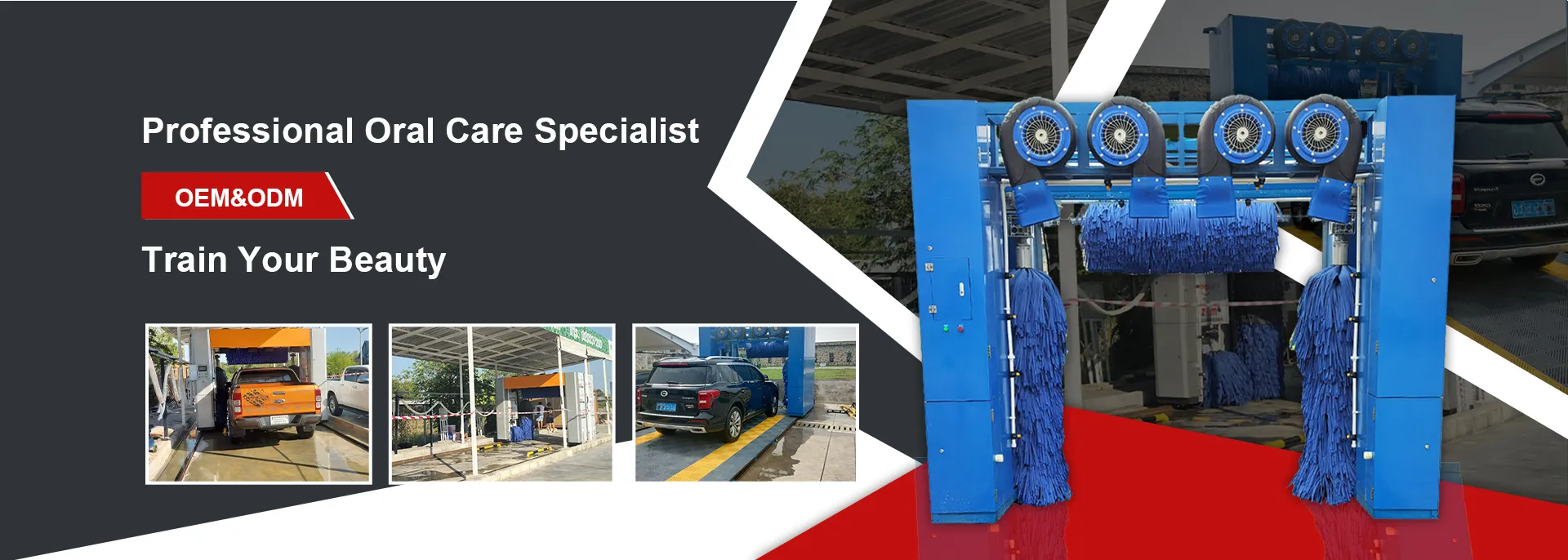washing compressor
The Importance and Functionality of Washing Compressors
In the realm of industrial machinery, the washing compressor stands out as a crucial component in various cleaning processes. These compressors are not solely limited to the act of compressing air; they serve a myriad of functions that enhance the efficiency and effectiveness of washing operations across diverse sectors, from automotive production to food processing.
What is a Washing Compressor?
A washing compressor is a specialized type of air compressor designed to supply high-pressure air for cleaning applications. Unlike standard air compressors, washing compressors are tailored for specific tasks that require a fine balance between pressure and air volume to effectively remove dirt, debris, and other contaminants from surfaces. Their design often incorporates advanced filtration systems to ensure that the air supplied is free from moisture and oil, which could compromise the cleaning process or damage sensitive components.
Applications of Washing Compressors
Washing compressors find applications in a variety of industries. In automotive factories, for instance, they are used to clean engine parts, remove dust from intricate components, and prepare surfaces for painting. The high-pressure air can dislodge particles stuck in hard-to-reach places, ensuring that every part is meticulously cleaned before assembly.
In the food processing industry, washing compressors are indispensable for maintaining hygiene standards. They help to clean machinery and equipment that come into contact with food products, ensuring that all surfaces are sanitized and free from contamination. This is particularly critical in environments where strict health regulations must be upheld.
Additionally, washing compressors are employed in commercial cleaning services. They are used in pressure washing applications, where high-speed air can be combined with detergent sprays to clean sidewalks, buildings, and vehicles effectively. The efficiency and power of washing compressors make them a preferred choice for cleaning professionals looking to achieve superior results.
washing compressor

Advantages of Washing Compressors
One of the primary advantages of using washing compressors is their ability to save time and labor costs. Traditional cleaning methods may require significant manpower and time to achieve the same results that a washing compressor can provide in a fraction of the time. By automating the cleaning process, businesses can allocate their workforce to other essential tasks, enhancing overall productivity.
Moreover, washing compressors contribute to more environmentally friendly practices. By utilizing compressed air, they reduce the need for chemical cleaners, which can be harmful to the environment. When combined with appropriate cleaning agents, the use of washing compressors minimizes chemical runoff, making them a sustainable option for industrial cleaning.
Choosing the Right Washing Compressor
When selecting a washing compressor, businesses must consider several factors, including the specific cleaning applications, the required pressure and airflow, and the environment in which the compressor will be used. For heavy-duty applications, longer-lasting and more powerful compressors may be necessary, while lighter models may suffice for less intensive tasks. It is also essential to consider the portability and ease of use of the compressor, as these attributes can affect cleaning efficiency.
Conclusion
In summary, washing compressors play an integral role in modern cleaning technology across various industries. With their ability to deliver high-pressure air efficiently, they enhance the cleaning process, contribute to operational cost savings, and promote eco-friendly practices. Understanding the functionality and applications of washing compressors allows businesses to harness their potential effectively, ensuring cleanliness and adherence to hygiene regulations in their operations. As industries continue to evolve, the demand for innovative cleaning solutions like washing compressors will undoubtedly grow, making them an essential investment for future-focused enterprises.




